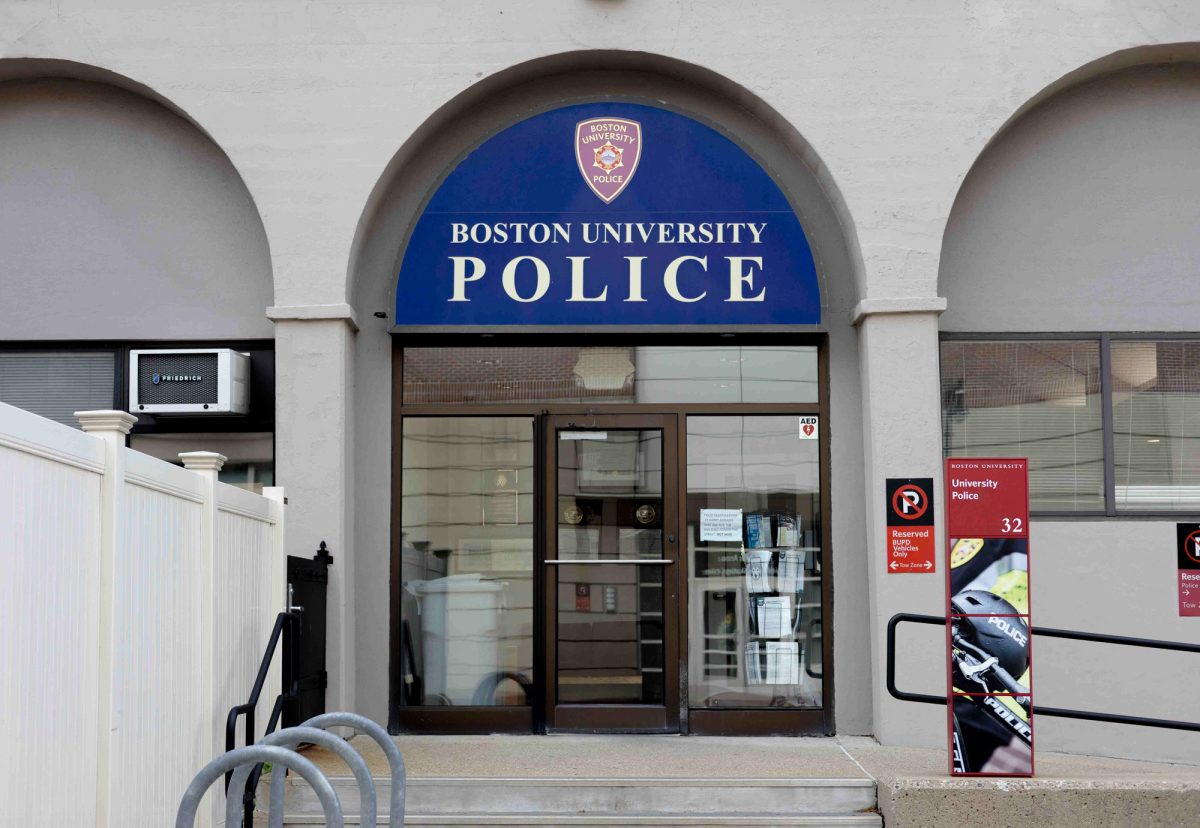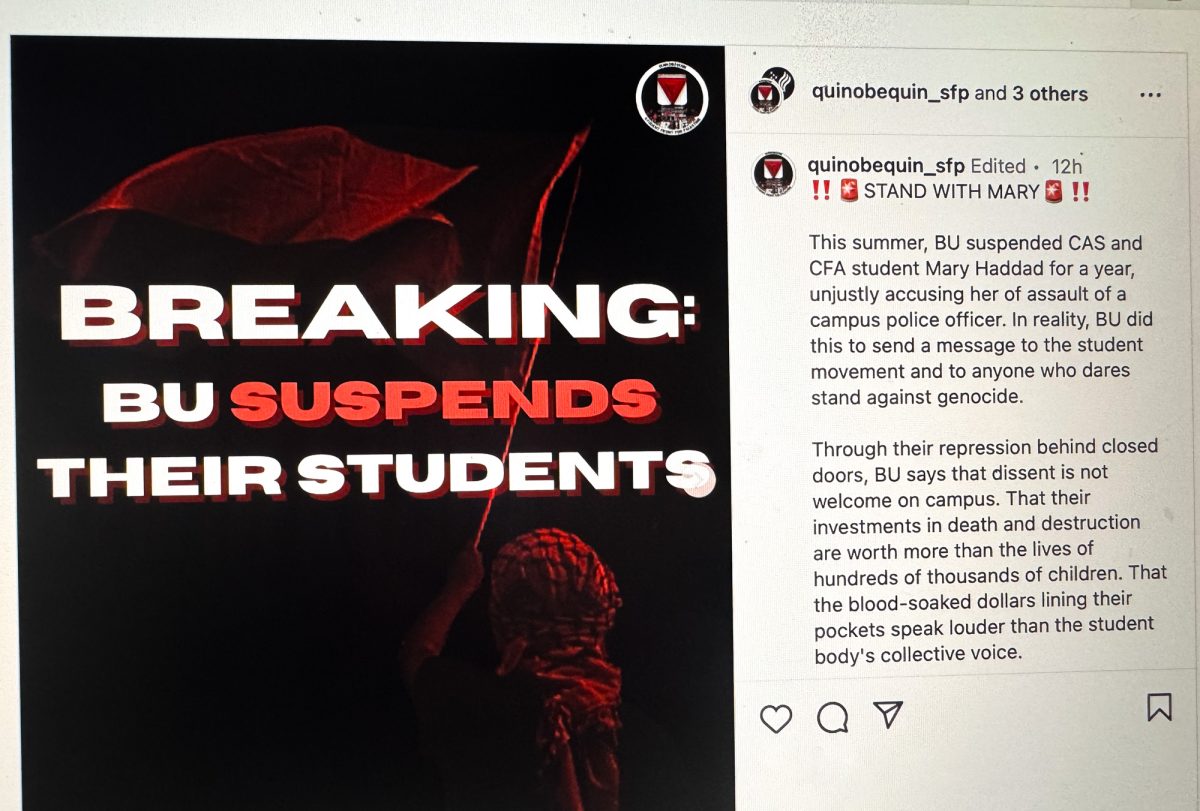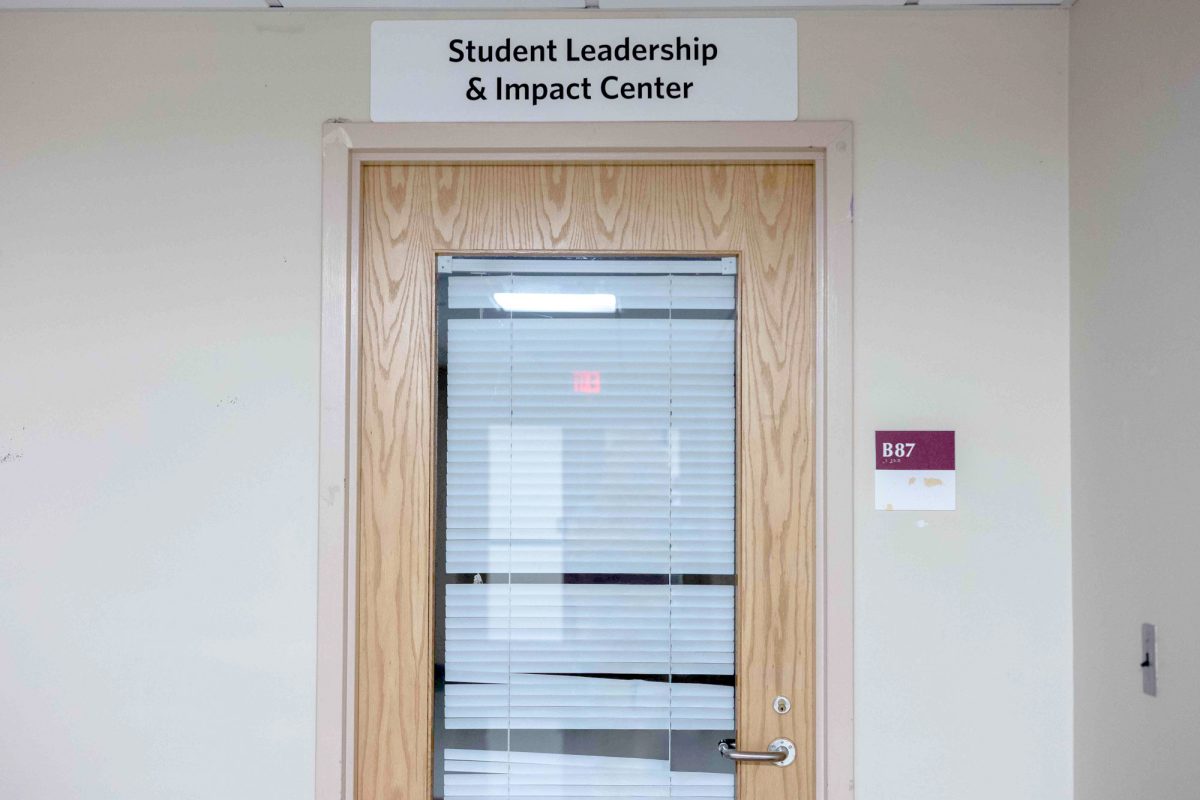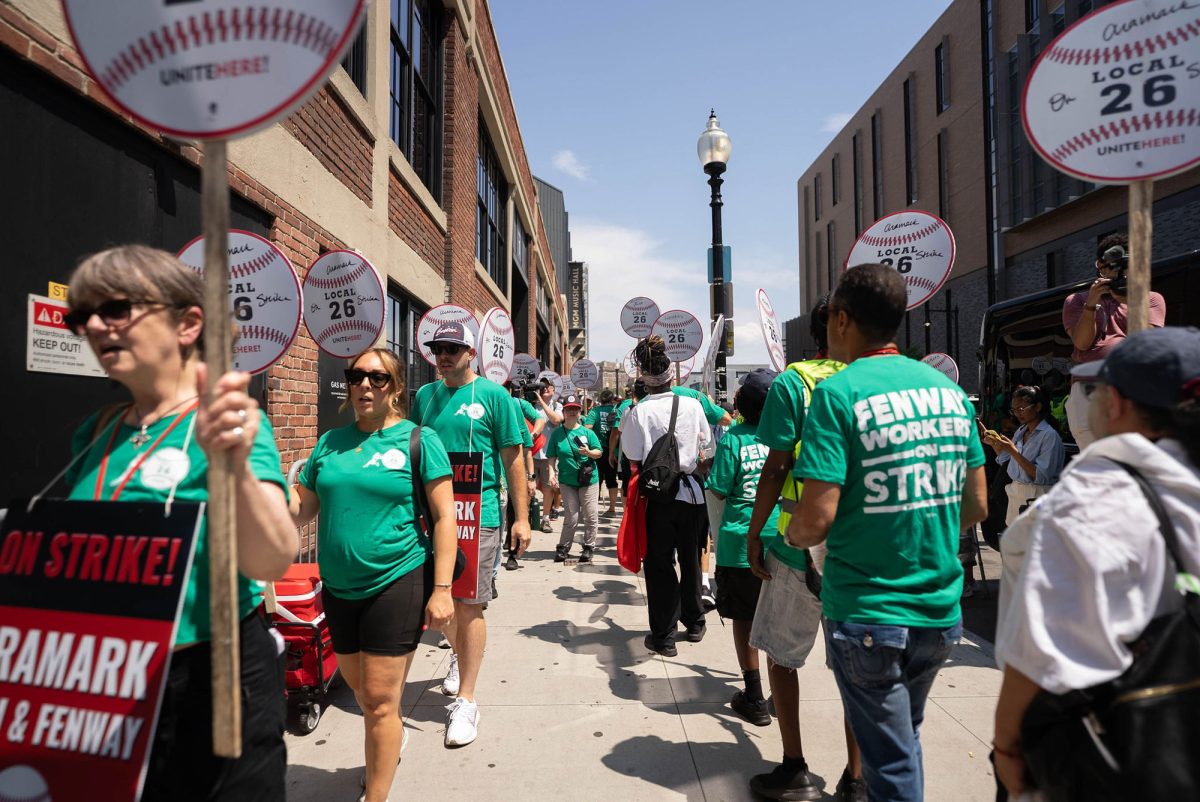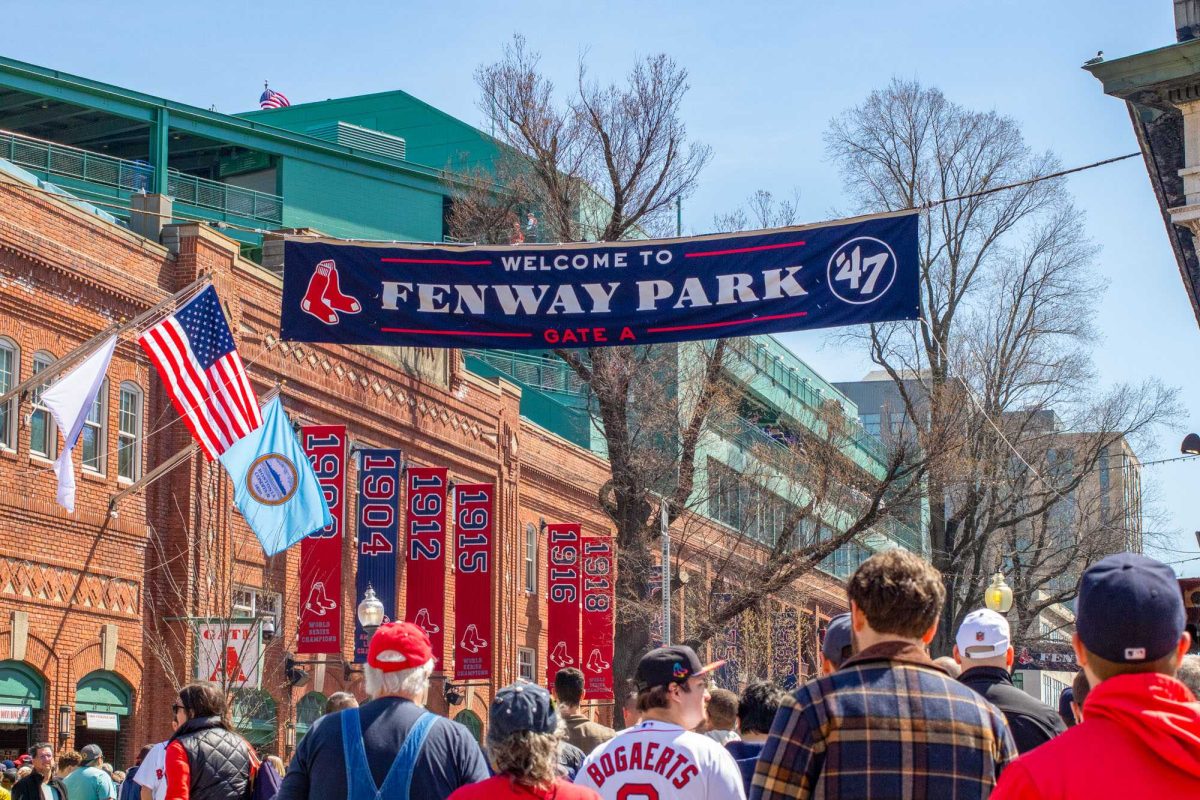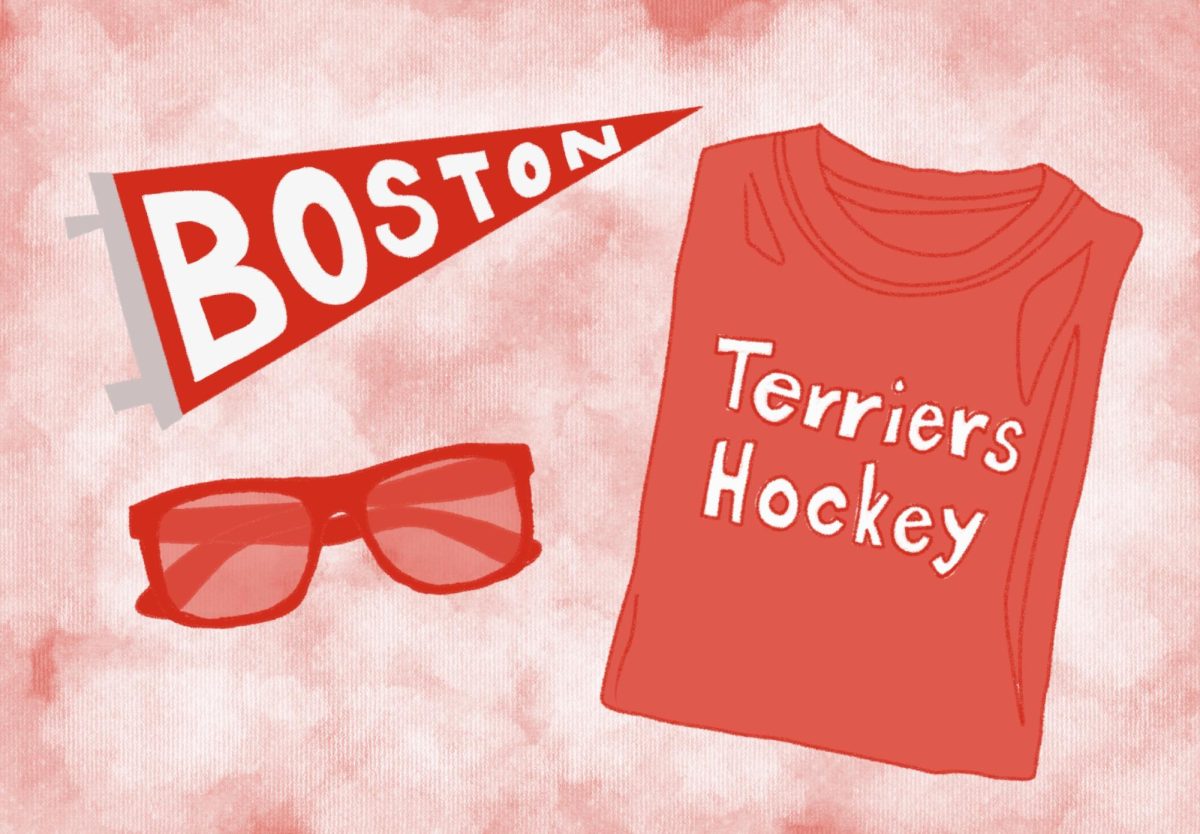The music industry is a man’s world, no doubt about it. Even in today’s society, where there is a fair amount of celebration and encouragement of female artists, misogyny still runs rampant.
A lot is expected of females in music, mostly female singers. There are a lot of mediocre male singers out there who make it extremely far career-wise. Meanwhile, female singers have to be perfect and blow everyone away to make it anywhere. The critiques of and expectations for female artists are much harsher. Many female artists, especially lead singers who front bands, put themselves out there to a lot of criticism.
When girls front bands people tend to “comparamore,” saying that whatever band it is sounds like popular girl-fronted band Paramore. For most of these bands, the only similarity between the music they make and the music Paramore makes is that they both have female lead vocalists. These sexist comparisons just don’t happen with male-fronted artists and bands. They’re given genuine comparisons to one another based on style and sound, not just because they have a male lead singer.
Many female artists get harassed on stage for things such as body type and what they choose to wear, attacks that typically are not done to male artists. Female artists are sometimes discredited for what they choose to wear, with people claiming that it takes away from the music or changes the experience. This whole phenomenon is completely absurd to me. Musicians should be judged on their musical performance, not what they choose to, or not to, wear.
This misogynistic backlash doesn’t just target female artists. Fans experience it too. The amount of times I’ve seen social media posts, from casual negative tweets to full-on official blog posts, attacking what girls wear and do at music festivals is ridiculous. Girls who wear bathing suit tops or bralettes are attacked for being “sluts,” or catcalled while they’re just trying to enjoy the music. Meanwhile, no one says a single thing about the amount of guys walking around shirtless. I’ve seen boys walk around music festivals in literally nothing but underwear, and no one says a single thing. Flower crowns, typically female headwear at music festivals, have been completely and utterly torn apart on various platforms. It’s fine to not agree with them as a fashion choice, but when it comes to festival attire for guys, it seems no one says a word.
I’ve (shamelessly) attended Warped Tour for the last four years. It’s a traveling music festival aimed toward punk, pop punk and alternative music mainly, although they have artists of all genres every year. It’s been a staple of my summers. However, this year and the year before, I started noticing misogyny creeping into different parts of the festival. There are tents dedicated to companies that produce shirts with phrases such as “Spread Your Love Not Your Legs” and “Flash Your Tits,” which chastise girls for their sexual choices while simultaneously sexualizing and objectifying them. It’s a ridiculous double standard that never bothered me when I was 14 or 15 attending the festival, and that’s a problem.
In 2013, Matty Mullins, the lead singer of a band called Memphis May Fire made many sexist comments on stage, and then tweeted, “Today on stage I reminded girls that they don’t need to dress slutty to get attention from REAL men. That’s all 🙂 #Jezebel.” I remember seeing this and being absolutely infuriated. This kind of misogynistic garbage being spewed at a place like Warped Tour is problematic because many of the fans that attend are young, some of them even middle-school aged.
A lot of these kids absolutely idolize the people in their favorite bands and will eat up anything they say without question. Music in punk and alternative genres is a type of music that certain people turn to when they’re having a hard time. It provides comfort, an outlet for sadness and anger and a way to let go. It’s absurd to me that a music scene so based on letting in people who don’t fit in sometimes make it so hard for girls to be a part of it. If you’re turned away from a music scene that takes in those who don’t feel included, where do you go to be accepted?
These double standards and deep-rooted misogynistic tendencies are so detrimental to something as therapeutic and important as music. It makes everything harder to enjoy, and it puts a lot of strain on female artists and fans just trying to do what they enjoy. Fans, music industry professionals and artists alike need to work on making the music world a more welcoming place, considering women make up a very large portion of it. Music should be something everyone can share and enjoy without worrying about being rejected or ridiculed.


